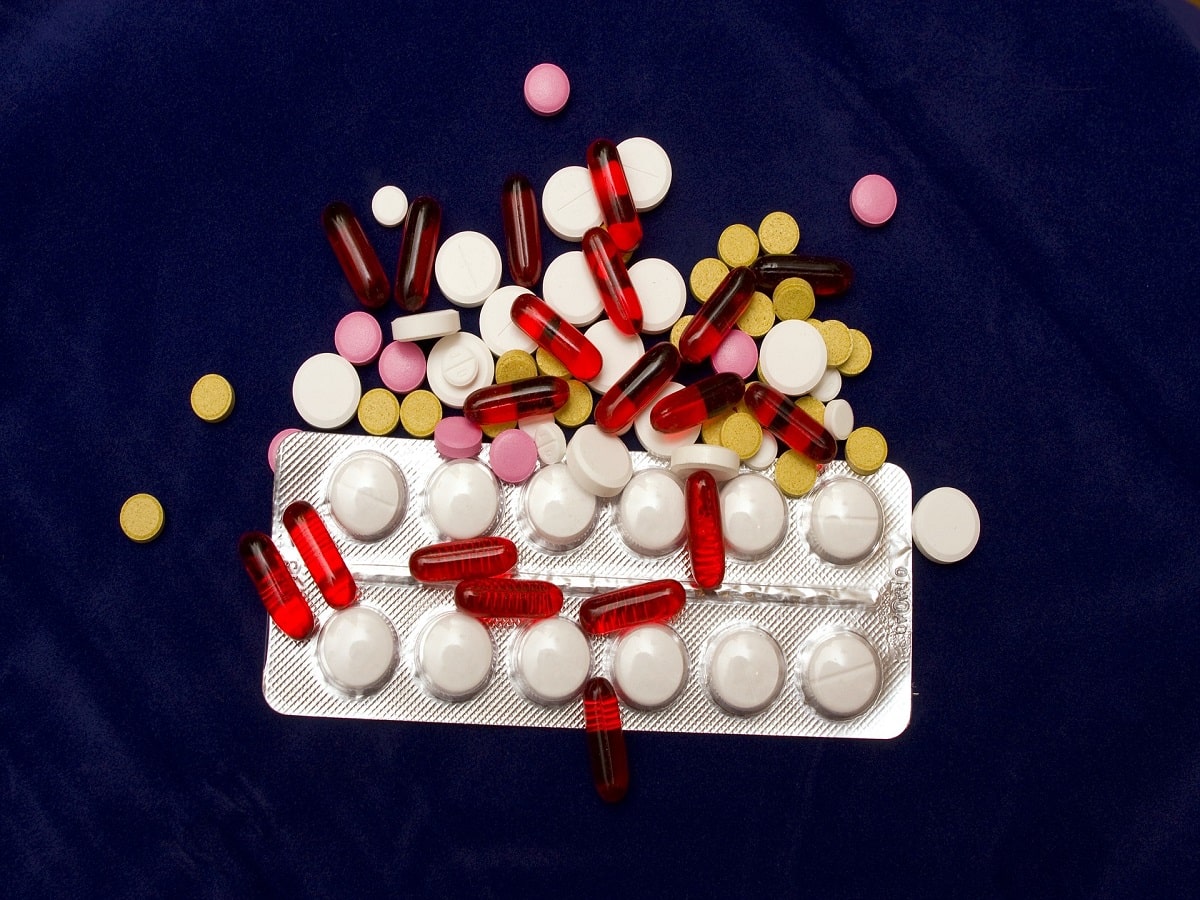
Cannabis Extracts Effective For Treating Refractory Nausea Per Clinical Trial

Cannabis Extracts Effective For Treating Refractory Nausea Per Clinical Trial
Anyone who has battled cancer or has a loved one who has battled cancer knows firsthand how awful it can be. Undergoing chemotherapy treatment is often necessary but is also very difficult for cancer patients to have to endure.
A common side effect of chemotherapy treatments is refractory nausea. Refractory nausea is a condition that occurs when nausea and vomiting don’t respond to treatment. When a cancer patient experiences it, it makes a difficult situation even worse.
According to a recent clinical trial conducted in Australia, the use of plant-derived cannabis extracts is a safe and effective treatment for refractory nausea. Below is more information about the trial via a news release from NORML:
Sydney, Australia: The administration of cannabis extracts containing equal percentages of THC and CBD safely and effectively relieves refractory nausea and vomiting in patients undergoing chemotherapy, according to randomized clinical trial data published in the Journal of Clinical Oncology.
Australian investigators assessed the use of standardized cannabis extracts versus placebo in 147 patients undergoing intravenous chemotherapy. (Australian law permits physicians to prescribe cannabis products to patients unresponsive to conventional treatments.) Participants in the study all suffered from nausea and vomiting despite taking standard antiemetic medications. Patients consumed either extracts or placebo three times a day in addition to their prescription medications.
Compared to placebo, cannabis extracts significantly reduced vomiting frequency and improved patients’ quality of life.
Researchers concluded: “An oral formulation of THC:CBD was an effective adjunct to standard antiemetics for prevention and treatment of refractory CINV, with adverse effects including sedation and dizziness, but no increase in serious adverse events. Our data support the claim that oral THC:CBD is an effective and safe option for the prevention of refractory CINV [chemotherapy-induced nausea and vomiting].”
In an accompanying editorial, authors opined, “For patients receiving moderate- or high-emetic-risk chemotherapy, THC:CBD may be considered as an option for secondary prophylaxis of CINV for patients who had refractory nausea in a previous cycle despite guideline-concordant treatment.”
Both cannabis and THC are well-established anti-nauseants. An oral formulation of synthetic THC (aka dronabinol) has been FDA-approved in the United States as an antiemetic since 1985.
Full text of the study, “Oral cannabis extract for secondary prevention of chemotherapy-induced nausea and vomiting: Final results of a randomized, placebo-controlled, Phase II/III trials,” appears in the Journal of Clinical Oncology.
Share article


Share article
Join Our Awesome Community
Join Our Awesome Community
Join Our Awesome
Community
Get all the latest industry news
delivered to your inbox







